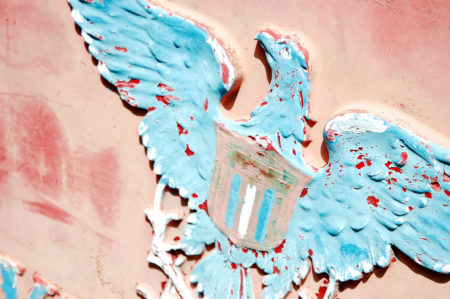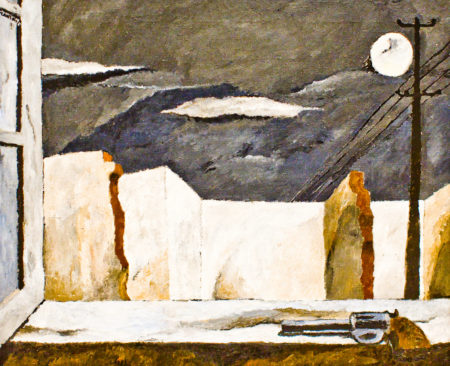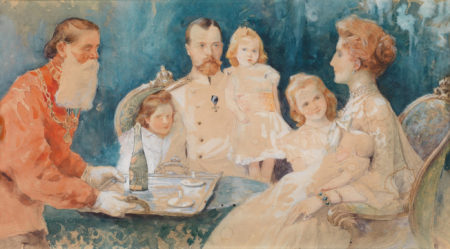
This article was originally published by the Elcano Royal Institute on 11 November 2016.
It is very tempting for political leaders to react to Donald Trump’s victory with anger or disdain. Leaders who express such sentiments can be sure to be applauded. And we have seen plenty of such statements over the past few days.
But to alienate the next US President is unwise, as it will harm European interests. Instead, Europe must try to influence Trump’s policies and his decision-making by engaging with him. And it must start to work on a plan B.
Geopolitically, Europe is far from being strong or independent enough to survive a more or less hostile Trump presidency without major damage. It needs an active and engaged US to keep NATO alive and kicking, to help manage relations with Russia and to deal with growing instability in the Middle East and North Africa. Furthermore, Europe has a major interest in being involved in US-Chinese relations, as peace in East Asia is vital for the European economy.


